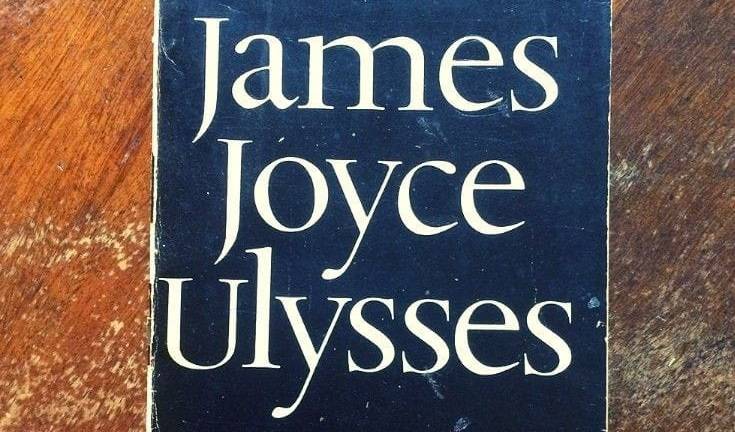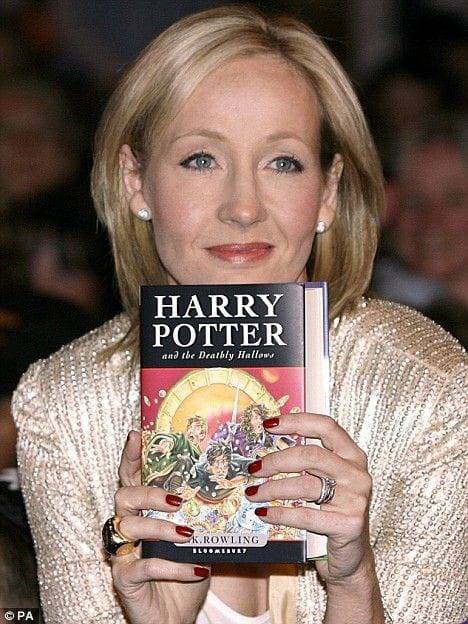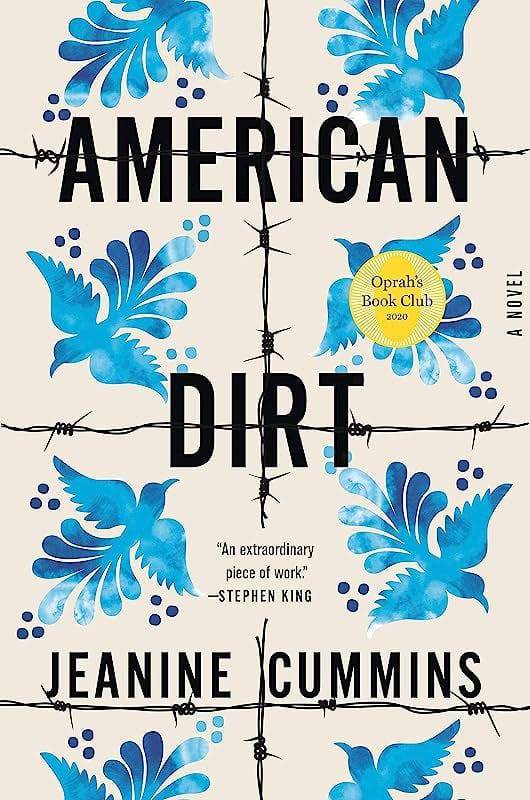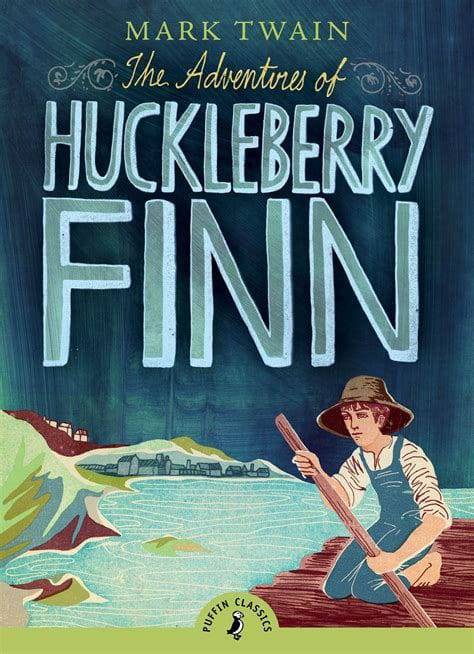Ah, cancel culture. The modern audience haunting the dreams of writers everywhere. Once upon a time, an author’s greatest concern was whether their book would make it onto the bestseller list or if a few grumpy critics would put them in the book review section. Now, however, there’s a new, infinitely more terrifying question keeping writers up at night: “Will I get canceled?” And if so, “Will I get canceled before or after I finish my next novel?”
Cancel culture—this phenomenon where an individual is publicly shamed and ostracized for offensive or controversial opinions, behaviors, or works—seems to have set its sights on the literary world. So, does it stifle creativity, discourage innovation, and drive authors into hiding? Or does it serve a greater purpose by holding writers accountable for their words and actions?
Let’s start by pulling the ghosts of some recent authors who have found themselves in the crosshairs of cancel culture. First up, J.K. Rowling, the creator of the “Harry Potter” universe and once the darling of the book world. But these days, she’s more likely to be found in the digital stocks than on any bestseller list. Rowling has faced intense backlash for her comments on gender identity, leading to a large-scale “canceling” campaign, where fans burned her books, unfollowed her social media accounts, and declared they’d sooner drink Polyjuice Potion mixed with expired juice than read her works again.
Then there’s Laura Moriarty, whose young adult novel “American Heart” was labeled problematic even before its release. Critics argued that her portrayal of a dystopian future where Muslim Americans are forced into detention centers was an example of “white saviorism.” Her publisher pulled the book, and it never made it to print. Cancel culture didn’t just criticize her; it canceled her—canceling by telepathy, if you will.
And let’s not forget Jeanine Cummins, the author of “American Dirt,” a book about a Mexican mother and her son fleeing drug cartels to seek refuge in the United States. What was meant to be a narrative about immigration turned into a full-blown controversy, with critics accusing Cummins, who is not Mexican, of cultural appropriation, misrepresentation, and profiting from trauma that wasn’t hers to claim. The backlash was so intense that her book tour was canceled (ironically), and she found herself at the center of a debate she never intended to spark.
These three cases highlight a fundamental truth: In the world of literature, you don’t have to be objectively “wrong” to be canceled; you just have to offend enough people in the right places. But is this bad for creativity? Are writers self-censoring, shelving their most daring ideas for fear of social media backlash, or is something deeper happening?
Let’s be honest: writers have always faced criticism. From Mark Twain being called for his use of racially insensitive language in “The Adventures of Huckleberry Finn,” to James Joyce having “Ulysses” banned for obscenity, authors are no strangers to controversy. But in the past, these disputes were largely confined to a few stuffy literary critics or, at worst, the odd public book burning. Now, it’s a full-blown witch hunt, complete with hashtags and trending topics. And what’s the effect of this on writers today? Enter: Self-Censorship, the new bogeyman lurking behind every comma and clause.
Many authors now write with the fear that anything they put to paper could be used against them in the court of public opinion. Even the most innocuous phrase is a potential minefield. If Jane Austen were writing today, she might think twice about depicting the snobbery of the British upper class, just in case #NotAllAristocrats starts trending. George Orwell might hesitate before crafting his allegory in “Animal Farm,” worried that pigs everywhere would be up in trotters over their depiction. (PETA would have a field day.)
Self-censorship isn’t just about avoiding controversy; it’s about survival. Authors find themselves paralyzed by the prospect of backlash, which can manifest in everything from social media pile-ons to outright boycotts of their work. And who can blame them? In today’s climate, a single tweet can ignite a firestorm of outrage faster than you can say “cancel.”
How low can you go to avoid offending anyone? Characters need to be perfectly balanced, storylines meticulously crafted to avoid the slightest hint of controversy. Every sentence is a potential landmine.
Remember when novels were all about the messy complexity of human life, filled with flawed characters and controversial decisions? Nowadays, it seems like all characters must pass a moral purity test stricter than a church confession.
But the irony is that literature thrives on controversy. Some of the greatest works in history were deemed scandalous, or downright offensive when they were first published. “Lolita” by Vladimir Nabokov, “The Catcher in the Rye” by J.D. Salinger, “To Kill a Mockingbird” by Harper Lee—these books provoked outrage precisely because they challenged prevailing norms and forced readers to confront uncomfortable truths.
If cancel culture had existed back then, who knows how many of these masterpieces would have been left in the trash pile, unpublished and unread?
But hold on! Isn’t there another side to this story? Some argue that canceling culture isn’t about stifling creativity—it’s about accountability. It’s about saying, “Hey, if you’re going to publish something that’s potentially harmful or offensive, be prepared to face the music.” There’s a case to be made that cancel culture is pushing authors to think more deeply, to do their research, and to consider perspectives beyond their own.
In fact, we’ve seen new voices rise in response to this very movement. Authors from marginalized communities are finding a platform they might not have had before. Cancel culture has opened the door for these voices, ensuring that the literary landscape is more diverse than ever. And let’s face it—some of the books that got “canceled” probably deserved it. If your novel relies on lazy stereotypes or harmful tropes, maybe it’s a good thing that readers are holding your feet to the fire.
But there’s a thin line between accountability and overreach. When does legitimate criticism turn into an online mob, hurling insults and death threats at anyone who dares to say something slightly controversial? When does feedback become an attempt to enforce a single, narrow worldview on a vast, complex society?
So, what’s a writer to do? How does one strike the balance between being true to their creative vision and navigating the waters of public opinion? It’s a bit like walking a tightrope while juggling flames over a pit of hungry alligators. Tricky, yes, but not impossible.
Some authors have embraced the challenge, using cancel culture as an opportunity to rethink their work and broaden their perspectives. They invite sensitive readers, conduct thorough study , and have conversations with the communities they’re representing. The result? Books that are richer, more nuanced, and more inclusive.
Others, however, have opted for the opposite approach. They’ve doubled down on their creative freedom, daring anyone to cancel them. And while some have paid a heavy price, others have found that controversy can be a potent marketing tool. After all, there’s nothing like a little drama to drive book sales through the roof.
So, does cancel culture stifle creativity in the literary world? The answer, like all good literary questions, is a hard “It depends.” For some, it’s a chilling thing that looms over every draft, making them second-guess their every word. For others, it’s a wake-up call, a reminder that writers must be aware of their impact and consider the consequences of their stories.
Perhaps the real solution lies somewhere in the middle. Writers should feel free to push boundaries, challenge norms, and take difficult subjects—but they should also be prepared to face the consequences if they get it wrong. After all, literature has always been a battle ground, a place where controversy and creativity go hand in hand.
So, dear writers, continue writing your truths, embrace the messiness of humanity, and don’t be afraid to stir the pot. Just remember to keep one eye on your keyboard and the other on your Twitter feed. And if you do get canceled, don’t worry—you’ll be in good company. After all, there’s a long, proud tradition of canceled authors who went on to become legends.
And if all else fails, just write under a pseudonym. It worked for George Eliot, didn’t it?




